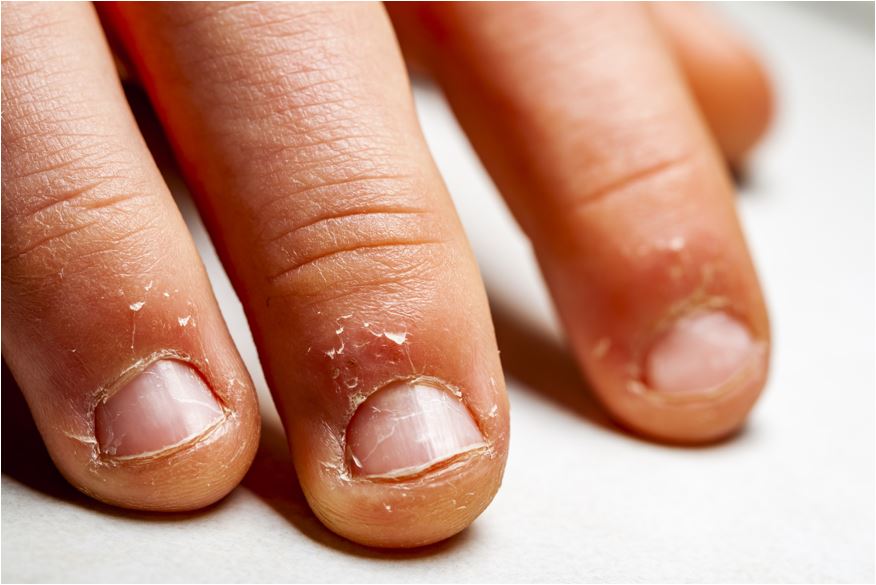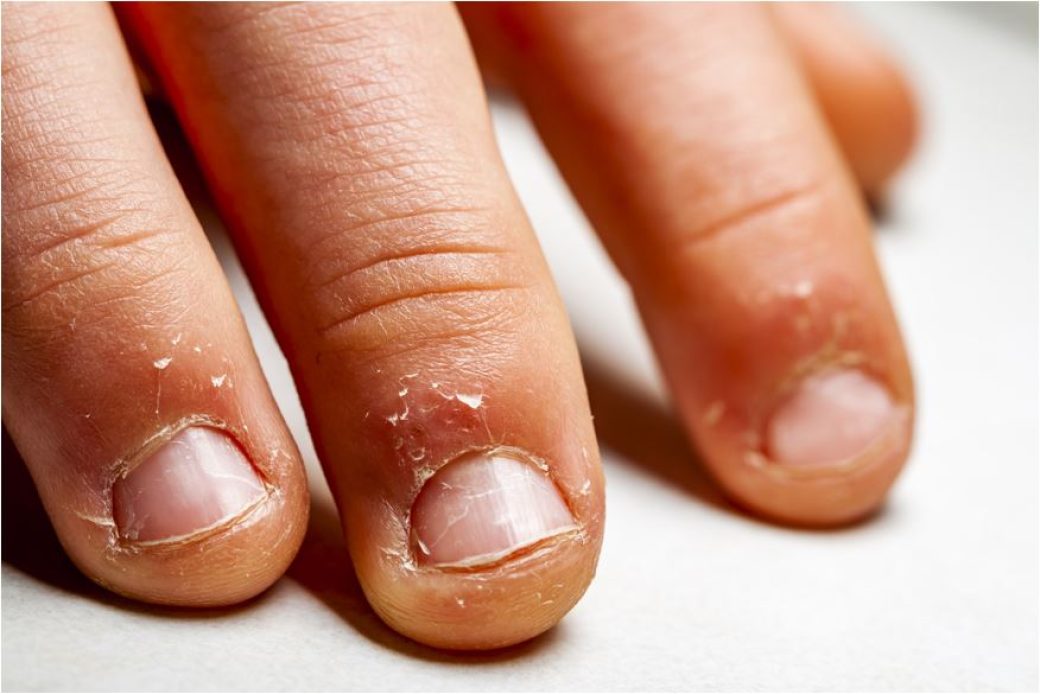The Psychology Of Nail-Biting: Strategies That Work
Nail-biting, also known as onychophagia, is a common habit that affects both children and adults. It is estimated that about 30% of children and 15% of adults bite their nails. While it may seem like a harmless habit, it can have detrimental effects on one’s health and well-being. In this article, we will discuss four reasons why people bite their nails, four effects of nail-biting, and provide some tips on how to stop this habit.
Reasons for Biting Nails:
• Stress and anxiety: Nail-biting are often a coping mechanism for stress and anxiety. People who are anxious or nervous may bite their nails to release tension or as a way to distract themselves from their worries.
• Boredom: Nail-biting can also be a habit that develops out of boredom. People may bite their nails when they have nothing else to do, such as during a long meeting or while watching TV.
• Perfectionism: Some people bite their nails as a result of perfectionism. They may feel that their nails are not perfect enough and want to make them smoother or more even.
• Genetics: Nail-biting may also have a genetic component. Studies have shown that nail-biting tends to run in families, suggesting that there may be a genetic predisposition to this habit.
Effects of nail-biting:
• Nail damage: Nail-biting can cause damage to the nail bed, cuticles, and surrounding skin. This can result in painful hangnails, infections, and even permanent nail damage.
• Oral health problems: Nail-biting can also lead to dental problems such as chipped teeth, enamel erosion, and jaw problems.
• Illness: Nail-biting can increase the risk of illness as it exposes the body to bacteria and viruses that may be present under the nails.
• Emotional distress: Nail-biting can have negative emotional effects, such as embarrassment or shame, and can also lead to social stigma.

Ways to stop nail-biting:
• Identify triggers: Identify the situations or emotions that lead to nail-biting and try to avoid or manage them.
• Keep nails trimmed: Keeping nails trimmed and smooth can reduce the temptation to bite them.
• Wear gloves: Wearing gloves can serve as a reminder to avoid biting nails and can also make it difficult to do so.
• Substitute the habit: Finding a substitute habit, such as squeezing a stress ball or fidget toy, can redirect the urge to bite nails.
Nail-biting is a common habit that can have negative effects on physical and emotional health. By identifying the reasons behind the habit and implementing strategies to stop it, individuals can improve their overall well-being and prevent potential complications. Remember, with time and effort, it is possible to overcome this habit and enjoy healthier nails and a healthier lifestyle.
CONTACT US TODAY to learn more about how our weekly digital marketing newsletter can help your business succeed.
You Can Also Get To Us Through Our Email Address
Follow us on our social media platforms:






